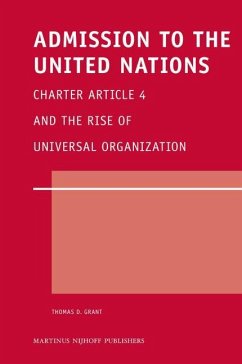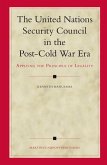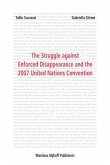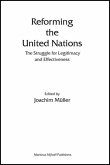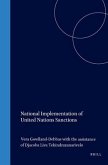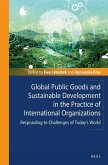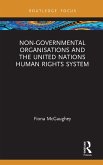The United Nations began as an alliance during World War II. Eventually, however, the UN came to approximate a universal organization - i.e., open to and aspiring to include all States. This presents a legal question, for Article 4 of the Charter contains substantive criteria to limit admission of States to the UN and no formal amendment has touched that part of the Charter. This book gives an up-to-date account of admission to the UN, from the 1950s logjam through on-going controversies like Kosovo and Taiwan. With reference to Charter law, the book considers how Article 4 came to accommodate universality and what the future of a universal organization in a world of politically diverse States might be.

